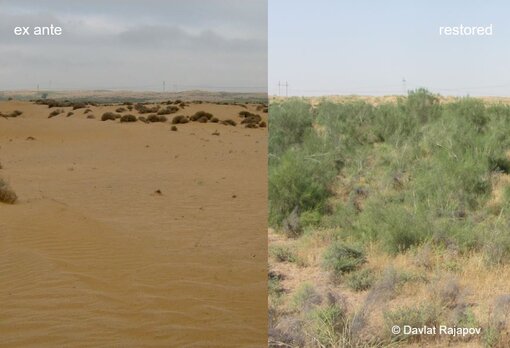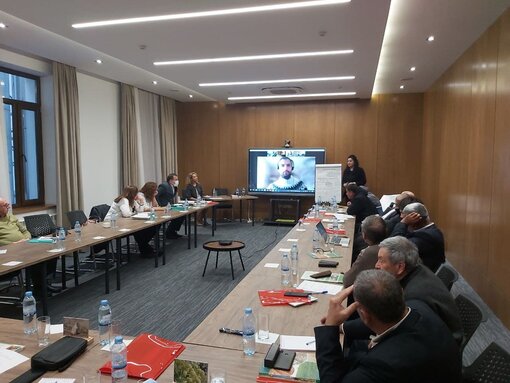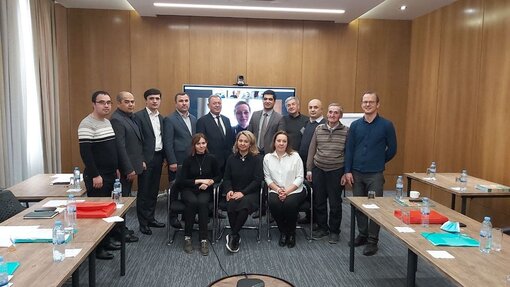A hybrid workshop conducted from January 18th to 20th in Tashkent addressed these issues with a large amount of experts from abroad, national research institutions, representatives of different governmental agencies, and universities. It was organized by the Committee for the development of sericulture and wool industry of the Republic of Uzbekistan and Succow Foundation.
The major aim was to introduce different climate finance mechanisms as provided by the UN climate convention (UNFCCC) and to launch the development of a NAMA for ecological desert rangeland restoration.
Uzbekistan has more than 23 million hectares of desert rangelands and about 43 % are degraded. Restoration and sustainable use would lead to a considerable carbon sequestration, restoration of ecosystem services and can contribute to national food security.
The workshop was organised by the Central Asia Desert Initiative (CADI), that is jointly implemented by the University of Greifswald, the Michael Succow Foundation and the Food and Agriculture Organization of the United Nations (FAO).
![[Translate to EN:] Banner Stiftung](/fileadmin/_processed_/b/c/csm_banner-stiftung_fee6c1c492.jpg)


